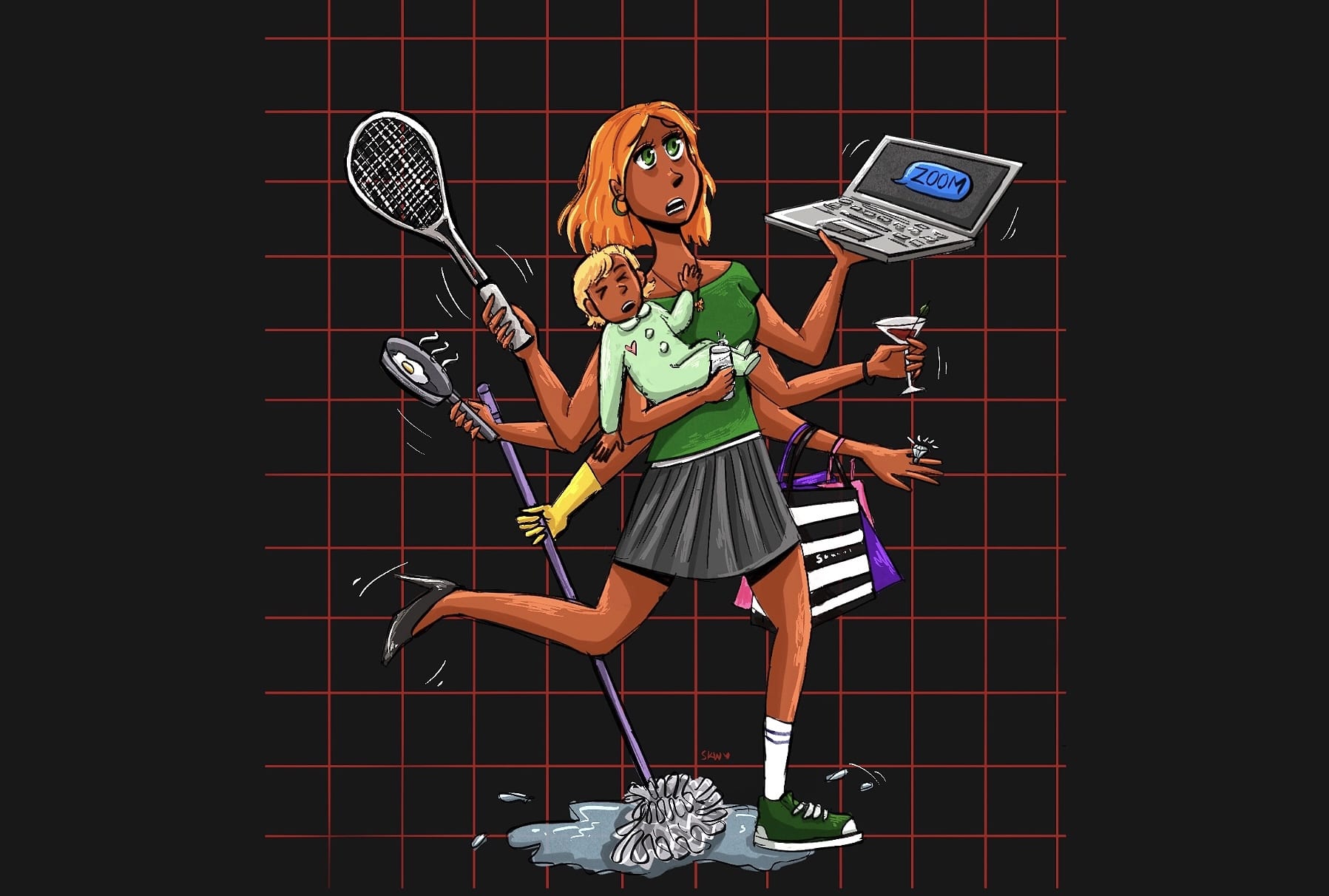What it means to “Run Like a Girl”
Exploring themes of feminine rage and resistance in Paris Paloma’s viral song, “Labour.”
“She’d do what you taught her / She’d meet the same cruel fate / So now I’ve gotta run, so I can undo this mistake / At least I’ve gotta try”– Paris Paloma
On March 24, 2023, 25-year-old English singer-songwriter Paris Paloma released a song called “Labour” (stylized “labour”), which became the first of its kind to encapsulate the expectations of what it means to be a woman, clarifying the newfound phrase known as “female rage.” Female rage can be defined as the “inherited response to struggles, oppressions, and wrongdoings that women have been subjected to.” This broadly discusses the ways that women are expected to be silent and calm even while being disrespected. The moment they lash out they are considered “crazy” by societal standards. The same cannot be said for men, who can act out due to the belief that men have a biological predisposition to anger.”
“Who fetches the water from the rocky mountain spring / And walk back down again to feel your words / And their sharp sting?”
Paloma created a spark in feminist history, especially after her US debut premiering “labour” on The Late Show with Stephen Colbert. The bridge spoke to women globally, containing a simple yet hard-hitting message that women can be seen as tools for reproduction with zero autonomy of their own.
“All day, every day, therapist, mother, maid / Nymph, then a virgin, nurse, then a servant / … / 24/7 baby machine / So he can live out his picket-fence dreams.”
Ultimately, Paloma encourages the breaking of patriarchal patterns that have been around for generations, to let women live how they want to and relay perseverance in those that suggest otherwise. The blunt lyricism, that has now reached over 260 million streams on Spotify, links together women’s sacrifices.
“labour” has since resurfaced in popularity on TikTok. The latest trend clips a series of montages from various movies and TV shows containing female characters escaping dangerous situations with a tagline titled, “Run like a girl.” The sentence historically has been considered a way to insult others, associating the stereotypes of women having less athletic abilities than men.
Fortunately, the trend reinvented the phrase with the impact of adrenaline-filled survival, opening new conversations about what it means to be a woman. The trend has even invoked others to share real-life experiences that detail events where women had fearful encounters and had to resort to running for their lives to escape abuse or assault. Other videos involved creators showing their pets, be it cats or dogs, on camera with captions explaining how protective and action-oriented their furry companions can become in high-stress scenarios.
Overall, I would describe the song as a revolutionary form of entertainment that clarified the meaning of the modern phrase “female rage,” allowed women who endured oppressive experiences to be recognized, and highlighted the importance of unity within communities. This is all in hopes of creating a better and more definitive future for the generations of women that precede us and to continue necessary discussions of womanhood and the fight for earned equal treatment.

